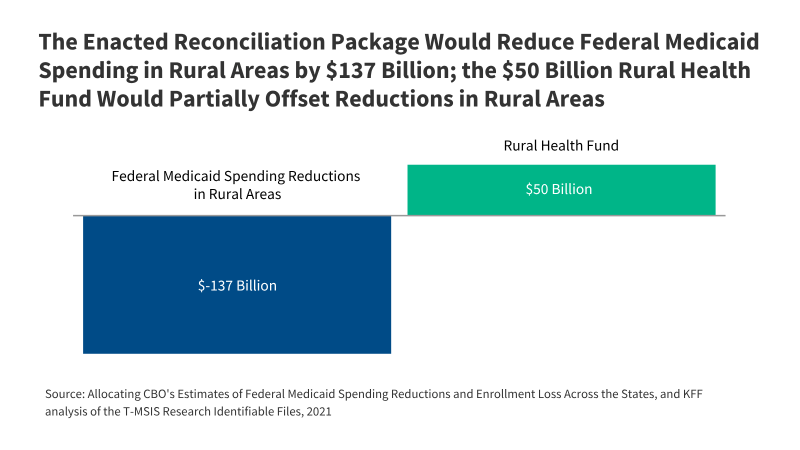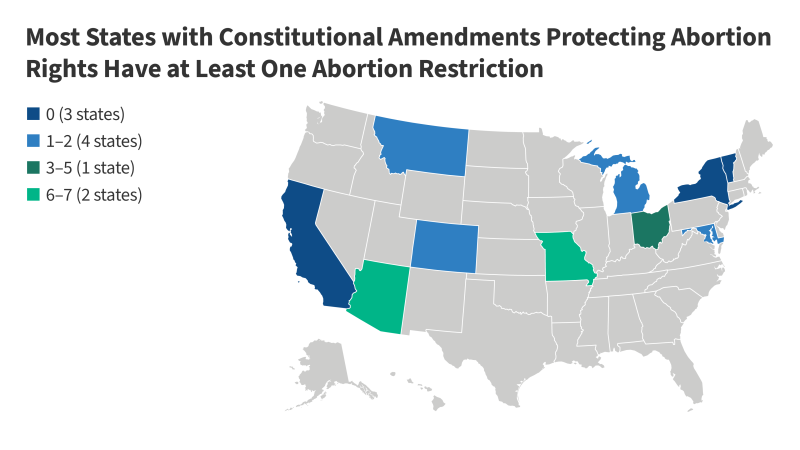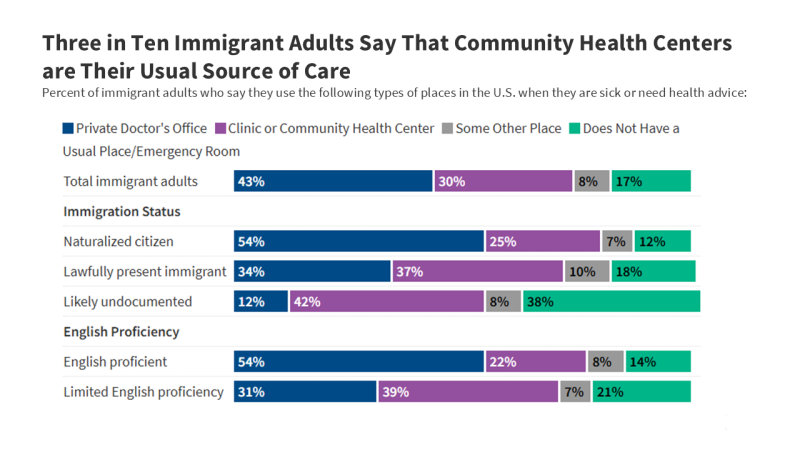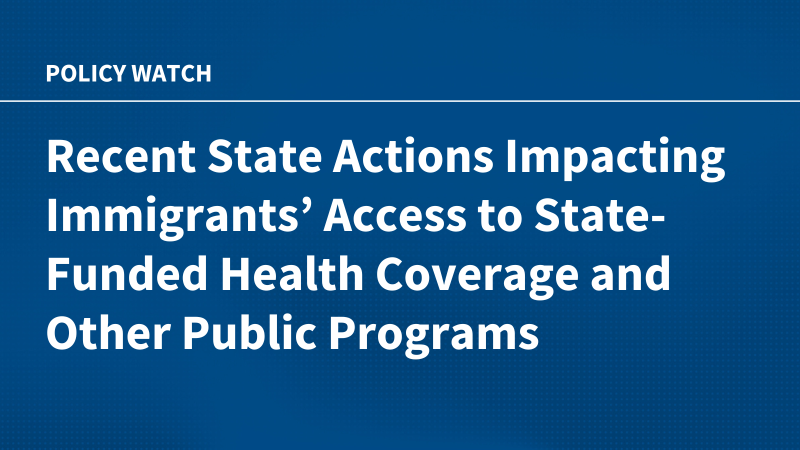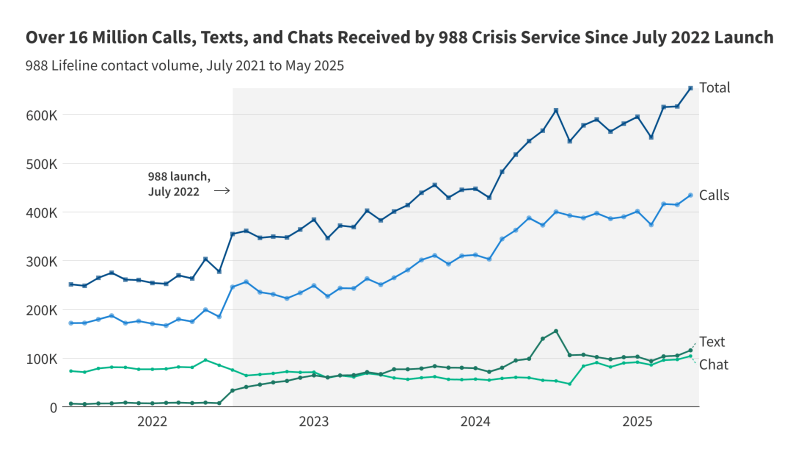Policy Watch
Quick-hitting policy analysis, polling, and updates on the key issues facing the country.
How Might Federal Medicaid Cuts in the Enacted Reconciliation Package Affect Rural Areas?
Under the reconciliation package, federal Medicaid spending in rural areas is estimated to decline by $137 billion, more than the $50 billion appropriated for the rural health fund.
Read PostA Continuing Saga: Ending Abortion Restrictions in States with Constitutional Protections
This policy watch provides an update on the status of abortion restrictions in states that passed a constitutional amendment protecting abortion, or where a state court previously interpreted the state constitution as protecting abortion access.
Read PostNew Policy Bars Many Lawfully Present and Undocumented Immigrants from a Broad Range of Federal Health and Social Supports
This policy watch discusses a recent policy change by the Department of Health and Human Services that bars several groups of immigrants from accessing an updated list of “federal public benefits”.
Read PostRecent State Actions Impacting Immigrants’ Access to State-Funded Health Coverage and Other Public Programs
This policy watch summarizes recent proposed actions by states related to state-funded health coverage for immigrants and trends in other legislation enacted during the 2025 session that have implications for immigrants.
Read PostDemand for 988 Continues to Grow at Third Anniversary
This policy watch examines 988 on its third anniversary, drawing from the latest Lifeline data available through May 2025 and suicide death data from CDC WONDER for the period 2013 to 2023. 988 received 16.5 million contacts since its launch in July 2022, including 11.2 million calls, 2.9 million texts, and 2.4 million chats.
Read PostKennedy v. Braidwood: The Supreme Court Upheld ACA Preventive Services but That’s Not the End of the Story
On June 27, 2025, the U.S. Supreme Court issued its opinion on Kennedy v. Braidwood Management, ruling that the ACA requirement that most private insurers and Medicaid expansion programs to cover preventive services recommended by the United States Preventive Services Preventive Task Force (USPSTF) with no cost-sharing is constitutional.
Read Post
